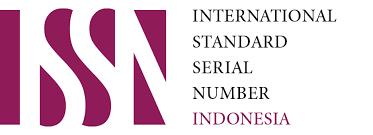Wendi Rio Training Management On The Bale Binekas Program In Pangauban Kawargian Nonoman Galuh, Ciamis Regency
(Studi Kualitatif pada Pengelola Program Bale Binekas)
DOI:
https://doi.org/10.19184/jlc.v8i2.52559Keywords:
Bale Binekas, Training Management, Nonoman GaluhAbstract
Nonoman Galuh, Ciamis Regency is related to the challenges faced by the younger generation in the process of preservation and regeneration in the field of culture. Ciamis Regency has quite a lot of sites and cultural riches, so the younger generation needs to be given a learning space more in accordance with the current situation and conditions. The purpose of this study is to find out the Training Management in the Bale Binekas Program in Pangauban Kawargian Nonoman Galuh, Ciamis Regency. This study uses descriptive qualitative research methods and data collection techniques through observation, in-depth interviews, and documentation. The result of the study showthat training management in the Bale Binekas program involves several stages, starting from needs analysis, setting training objectives, training implementation, and training evaluation. The Manajemen of this training is based on four management functions: 1) Planning, 2) Organizing, 3) Actuanting, 4) Controlling. The Bale Binekas Program has succeeded in improving the knowledge and skills of participants in the field of culture. This program is one of the learning space innovations for the younger generation and creates a cultural cycle between art communities. The conclusion of this study is that training management carried out through various classes in the Bale Binekas program is able to improve the knowledge and skills of the younger generation in cultural preservation






.png)









